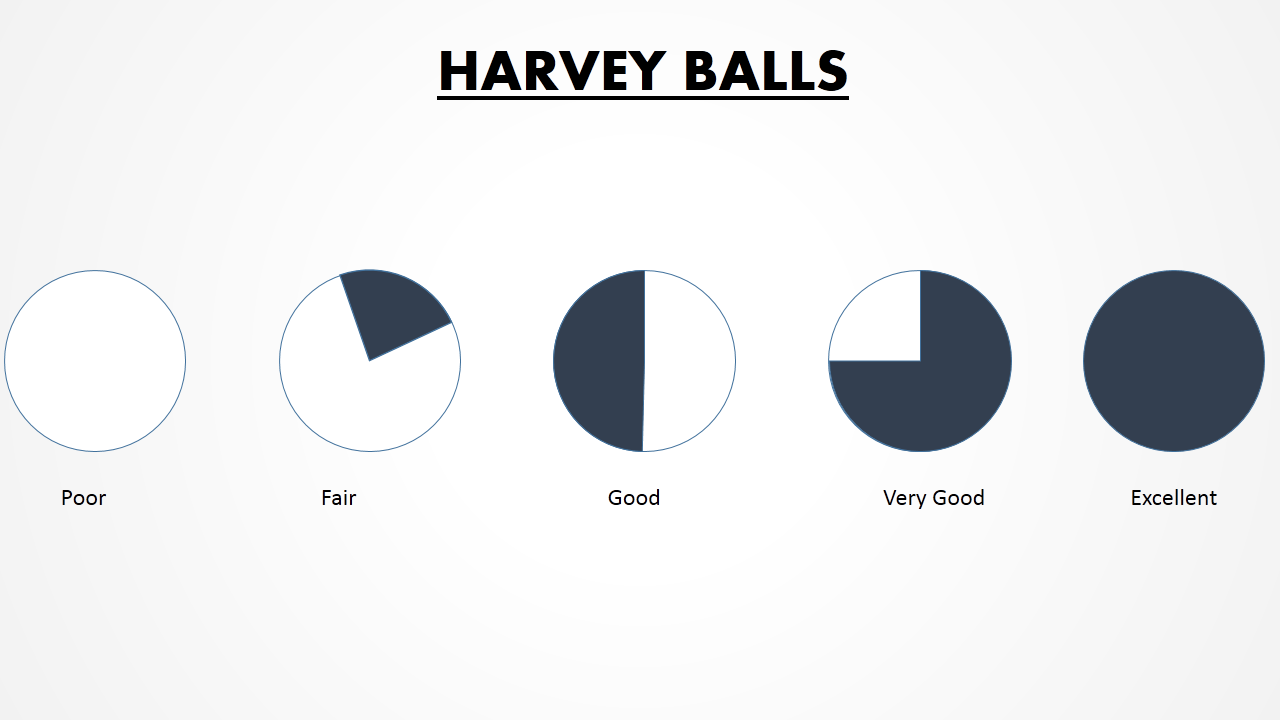Job costing is a fundamental aspect of project management and financial analysis in many industries. It is a method used to determine the cost of completing a specific project or job, providing valuable insights into resource allocation, budgeting, and profitability. For businesses involved in construction, manufacturing, consulting, and various other project-based ventures, accurately tracking job costs is critical for making informed decisions and ensuring the success of each undertaking.
To streamline the process of job costing and enhance project management practices, businesses often rely on standardized templates. These templates serve as practical tools for organizing and analyzing data related to various project costs, including labor, materials, overheads, and other expenses. By using well-designed job costing templates, companies can gain a comprehensive understanding of their project expenses like Job Advertising, identify areas of improvement, and make informed adjustments to optimize project performance.
Template 1 - Business Analysis Methodology Job Costing Progress Template
It is a content-ready template designed to facilitate effective project management and financial analysis in businesses. It provides a structured framework for collecting and organizing data related to job costs, including labor, materials, equipment, overheads, and other expenses incurred during the project's lifecycle. By using this model, project managers and financial analysts can gain valuable insights into resource allocation, Job Proposal, budget adherence, and profitability, enabling them to make informed decisions and take proactive measures to ensure project success.
Template 2 - Business Analysis Methodology Job Costing Rate Template
This flexible PPT slide is designed to provide a clear understanding of businesses project costs by incorporating the concept of job costing rates. The template begins by introducing the audience to the fundamental principles of business analysis methodology and its importance in driving informed decision-making. It then delves into the concept of job costing, explaining how it allows businesses to allocate costs to specific projects or jobs based on various cost drivers, such as labor hours, materials used, and overhead expenses.
Template 3 - Project Job Cost Summary Report Template
It is a professional and efficient tool designed to provide a comprehensive overview of project costs and financial performance. This template allows project managers and stakeholders to track and analyze expenses incurred during the execution of a specific project, enabling them to make informed decisions and assess the project's overall financial health. The report template typically includes sections that capture essential details such as labor costs, materials expenses, equipment costs, subcontractor fees, overheads, and any other relevant project-related expenditures. It adds data from various sources, ensuring that all cost elements are accounted for accurately.
In conclusion, job costing templates are invaluable assets for businesses engaged in project-based activities. These templates streamline the process of tracking and analyzing project costs, providing critical insights into resource allocation, budget adherence, Job Productivity and overall project profitability. By using these templates effectively, organizations can make data-driven decisions, identify areas for improvement, and optimize project performance.
Frequently Asked Questions on Job Costing
What is job costing and its features?
Job costing is a costing method used by businesses to determine the total cost of completing a specific project or job. It involves tracking and allocating direct and indirect costs to individual jobs or projects, enabling businesses to analyze the profitability and efficiency of each undertaking. Job costing is commonly employed in industries where customized or unique products or services are produced, such as construction, manufacturing, consulting, and professional services.
Features of job costing include:
- a) Cost Allocation
- b) Individual Tracking
- c) Customization
- d) Cost Control
- e) Accurate Pricing
What is the formula for job costing?
The formula for job costing involves the summation of direct costs and indirect costs to determine the total cost of a specific job or project. The formula is as follows:
Total Job Cost = Direct Costs + Indirect Costs
Direct costs include expenses that can be directly attributed to a specific job, such as labor hours, raw materials, and subcontractor fees. Indirect costs, also known as overhead costs, are expenses that are not directly traceable to a particular job but are essential for the overall operation of the business, such as utilities, rent, and administrative expenses.
What is another name for job costing?
Another name for job costing is "Job Order Costing." Both terms are often used interchangeably to describe the same costing method. In job order costing, costs are accumulated and allocated to individual jobs or projects based on their unique characteristics and requirements. This method contrasts with other costing methods like process costing, which is used when businesses produce homogeneous products in large quantities.
Job costing, or job order costing, is an effective way for businesses to gain insights into the true costs associated with specific projects, providing valuable data for decision-making and financial analysis.





 Customer Reviews
Customer Reviews








